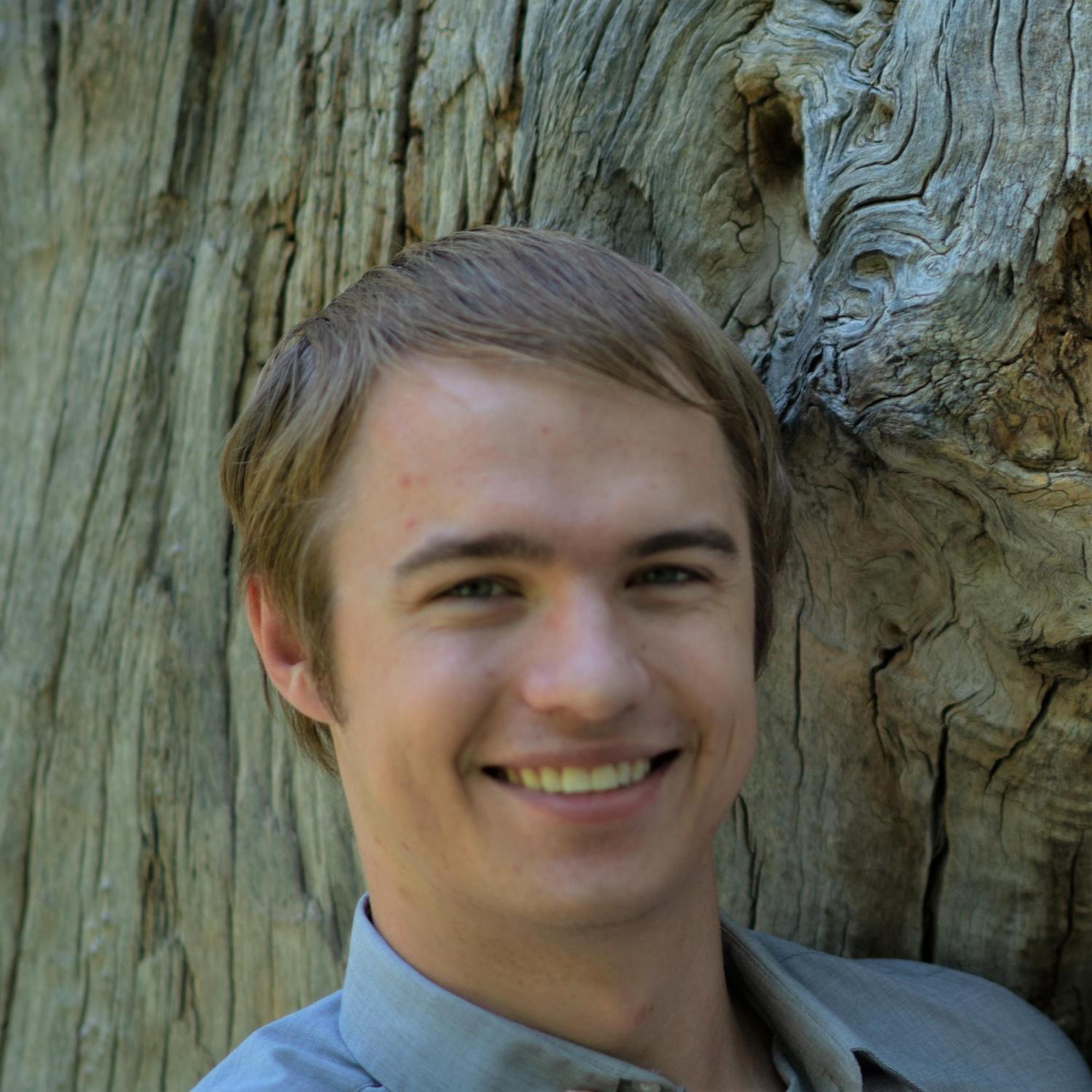"A graduate degree is a license to work on the most interesting and difficult problems accessible to modern technology." - Thomas Dearing

Name: Thomas Dearing
Hometown: Santa Fe, New Mexico
Advisor: Xudong Chen
My Path to Engineering
I grew up in Santa Fe, New Mexico, and always had strong interests in STEM. Originally, those interests developed from my family’s love of science fiction and my innate desire to make those seemingly impossible dreams a reality. I began my undergraduate career by studying topics in physics and mathematics. However, I quickly developed a greater interest in the current problems tackled by modern systems and electronics engineers. My first real interest in control theory originated from a class design project about flight control and autonomous vision-based navigation of quadrotor racing drones. While many of the team designs were unsuccessful (and some were of the flaming, kamikaze variety), the problem was incredibly challenging, rewarding and genuinely enjoyable to solve. I explored problems of similar complexity, but with far greater impact and relevance during summer research internships at the Institute for Complex Additive System’s Analysis (ICASA) and at Sandia National Laboratories. Those internships developed my love for research and led me unerringly towards my graduate school career.
In modern industry and research, a graduate degree is equivalent to a license to work on the most interesting and difficult problems accessible to modern technology. Since my lifelong goal has always been to work on the front lines of technological innovation, a graduate degree was never in question for me. My time at ICASA and Sandia only emphasized the importance of academic research experience in pursuing this goal and pushed me to apply to the best of the best.
My current topic of research is the characterization and classification of controllable sparse matrix spaces in linear time-invariant systems. In terms of applications, this topic of research aims to immediately identify system architectures which are not controllable by any means: a topic of extreme relevance in modern systems composed of large numbers of wirelessly connected, cooperative agents. In addition, I am pursuing ongoing research with Sandia National Labs relating to new communications technologies in non-conductive solid materials.
Why CU Boulder?
I considered over 20 different schools when I began applying for graduate school, each of which had excellent research opportunities in control theory and robotics. From the beginning, CU Boulder stood out because of recommendations from my colleagues at New Mexico Tech and Sandia National Labs. However, when the time came to visit each of my top schools, I found that CU Boulder had by far the most friendly and exciting atmosphere. The people in the ECEE controls department are supportive, funny and genuinely excited to meet prospective students and talk to them about possible opportunities in their labs. In my undergraduate career, I discovered the incredible importance of being happy where you are and with the people you work with. This played the largest part in my selecting CU Boulder’s Department of Electrical, Computer and Energy Engineering. The location in beautiful Colorado didn’t hurt at all either.
CU Boulder has plenty to offer in terms of research opportunities, funding and internships as a result of its friendly atmosphere and faculty. There is also no problem with finding fun things to do on the weekends, as Boulder’s proximity to the mountains gives access to a huge variety of outdoor activities (rock climbing, kayaking, skiing, as well as virtually any sport). In addition, the city of Boulder has an extremely well-maintained pedestrian and bike trail system, so one can walk or ride virtually anywhere in the city. The most important part of graduate school is to maintain a balance between producing great research and staying a happy human being. I have not found either of these goals to be difficult to acquire or maintain at CU Boulder.

